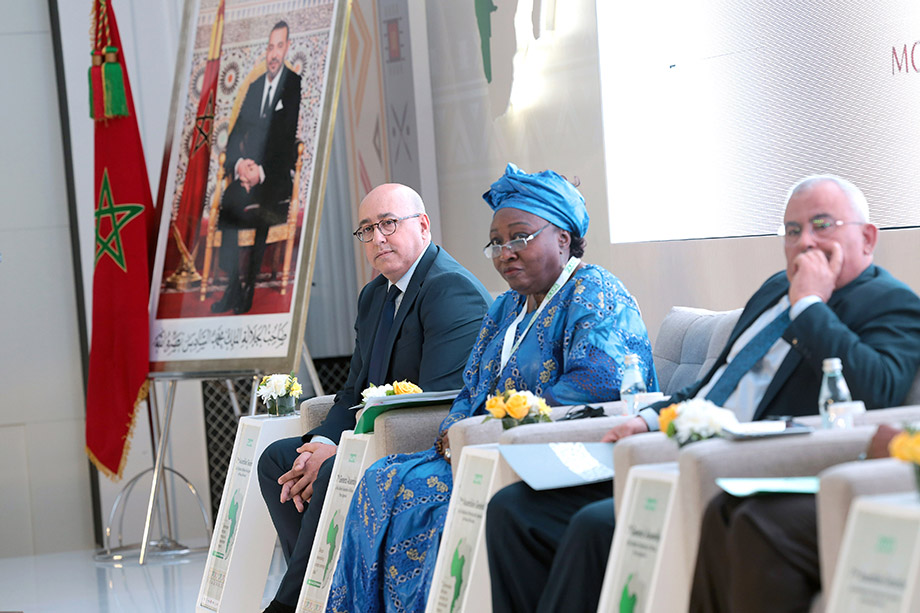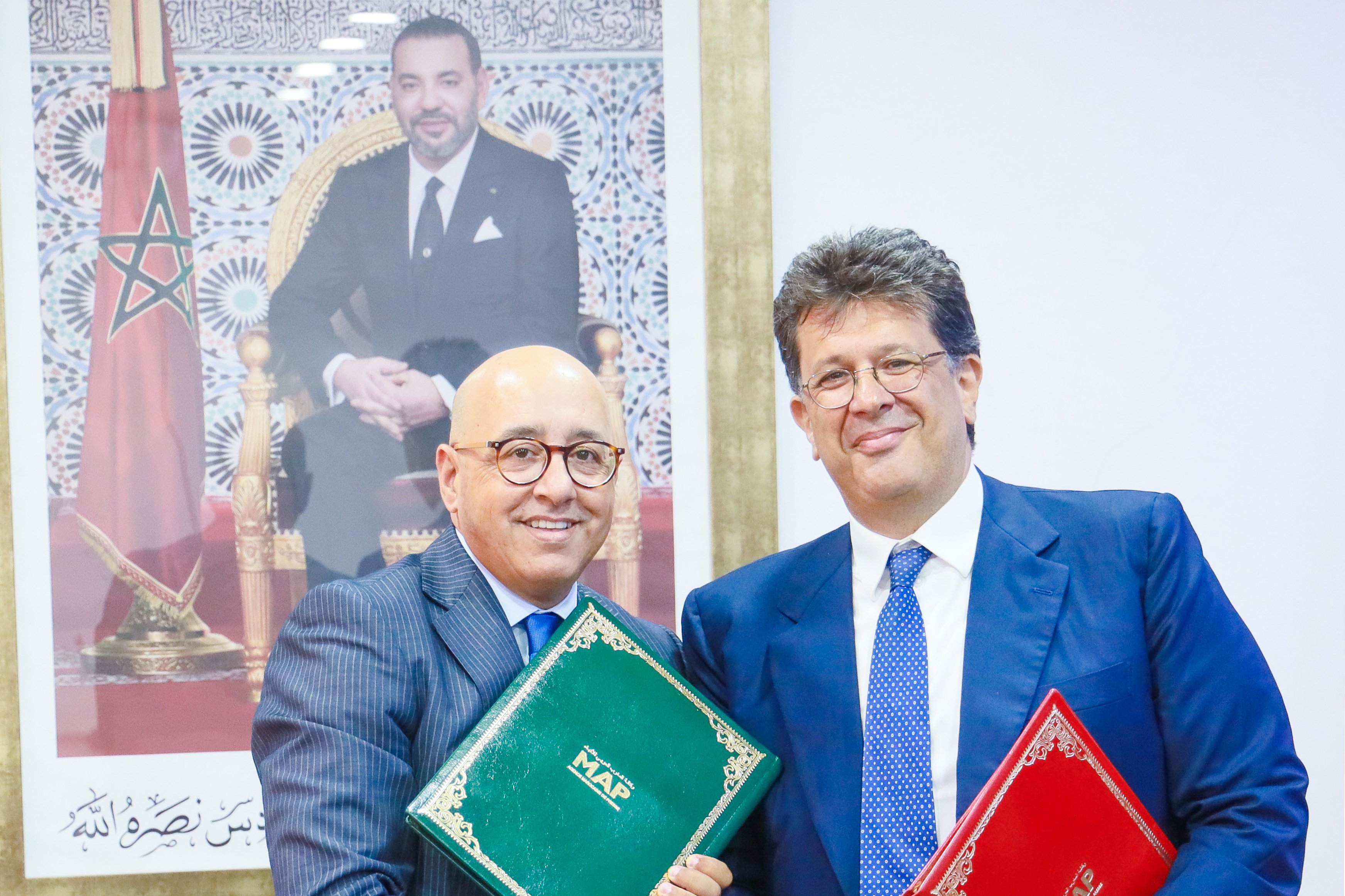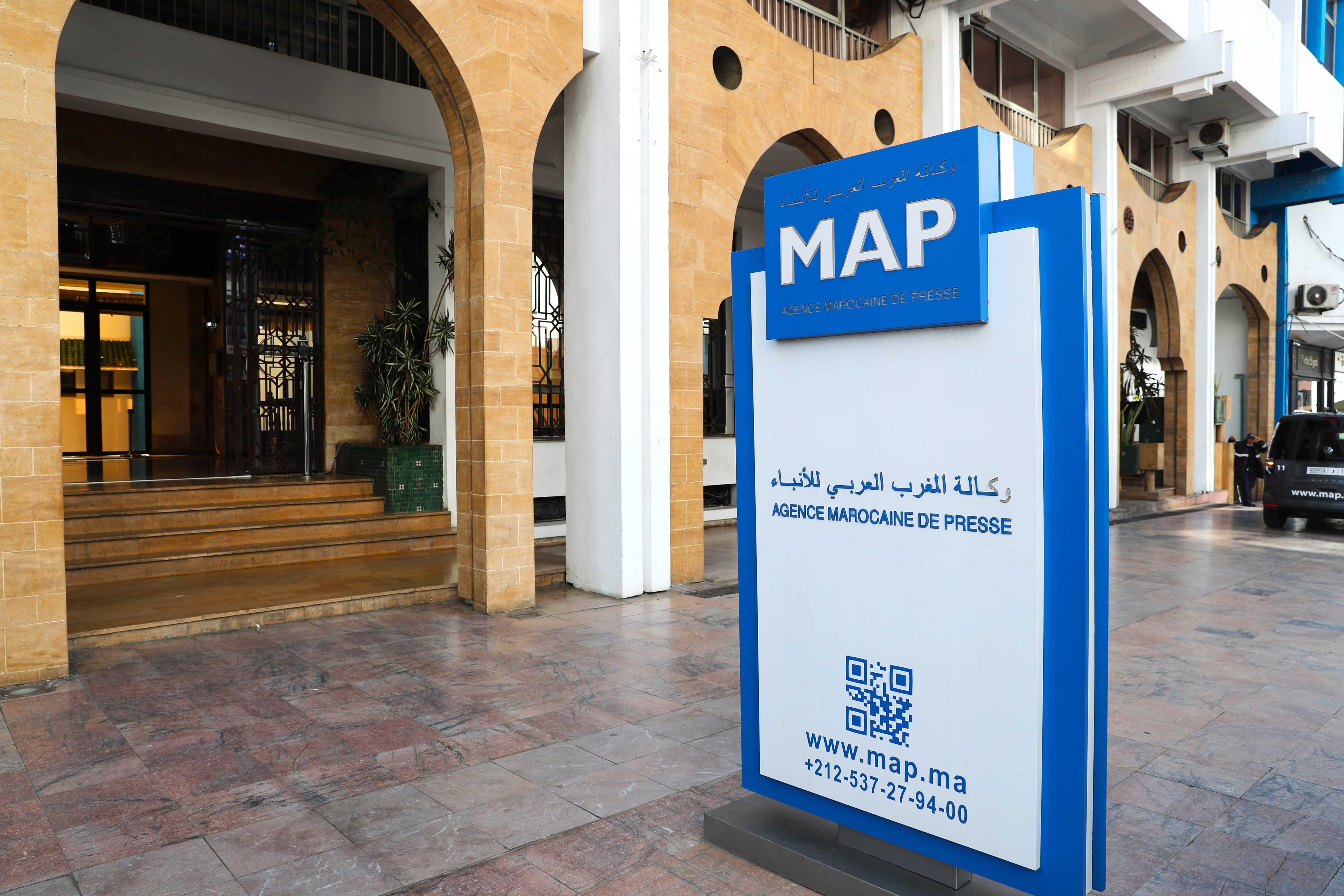
Information, Powerful Tool for Strengthening Sovereignty of African Nations (FAAPA Vice-president)
Information can be a powerful tool for strengthening the sovereignty of African nations, said, on January 22 in Salé, first vice-president of the Atlantic Federation of African Press Agencies (FAAPA) and Central Director of the Ivorian Press Agency (AIP), Oumou Barry Sana.
Speaking at the opening of FAAPA’s 7th General Assembly, which is being held under the theme: “African newsmaking: a major sovereign stake”, Barry Sana highlighted the essential role of press agencies, and FAAPA in particular, in advancing development initiatives in the Sahel-Atlantic region, including the Initiative launched by His Majesty King Mohammed VI, aimed at fostering joint development and South-South cooperation within the Sahel-Atlantic region.
She noted that discussions at the General Assembly would focus on promoting information cooperation and upholding the media sovereignty of the continent’s countries along the Atlantic coastline, adding that “Africa, with its diversity and richness, must position itself at the heart of the narrative of its own destiny”.
The discussions at this General Assembly, enriched by the diversity of experience and expertise, will contribute to making this notion of continental solidarity and strengthened, shared sovereignty a reality,” said FAAPA’s first vice-president.
She pointed out that FAAPA, which will celebrate its 10th anniversary in October, is today one of the largest professional groups, a leader and aggregator of African news, with an abundance of editorial content and photos, distributed by the various African press agencies via their websites and through the Federation’s portal.
Barry Sana also underlined that the annual FAAPA Grand Prix awards (best video report, best article and best photo) are designed to stimulate creativity and reward excellence among African press agencies.
She stressed that the various activities and actions undertaken by FAAPA have made a major contribution to developing the Federation’s structures and consolidating professional relations between African press agencies within the framework of fruitful South-South cooperation.
In this context, the leaders of news agencies will have to demonstrate their personal commitment to maintaining and consolidating this institution, giving priority to achieving its objectives and strengthening relations of cooperation and partnership between its members, added FAAPA’s first vice-president.
For her part, Olga Rachelle Mangouandza, second Vice-President of FAAPA and Central Director of the Congolese News Agency (ACI), affirmed that free, transparent, balanced, reliable, verifiable information, disseminated independently by well-trained professionals in real-time, will enable Africa to compete with international media.
“African information delivered by Africans themselves will shield the continent from cybercrime and protect institutions and populations,” she insisted.
She pointed out that to combat or counter “fake news” or false information spread by social networks, or even more so by certain Western media, African leaders must trust the national press (radio, television, news agencies, print, and online media) by providing them with substantial means to align with Information and Communication Technologies.
To fulfill this noble mission, news agencies must equip themselves with necessary tools in the digital realm, such as websites, to fully play their role as information wholesalers, the second vice-president of FAAPA emphasized.
She noted that to achieve significant results, news agencies must have a network of correspondents across the entire national territory and stay at the forefront of current events.
“It is also about working towards making our agencies multimedia press organizations,” she continued, citing the “very eloquent” example of MAP.


